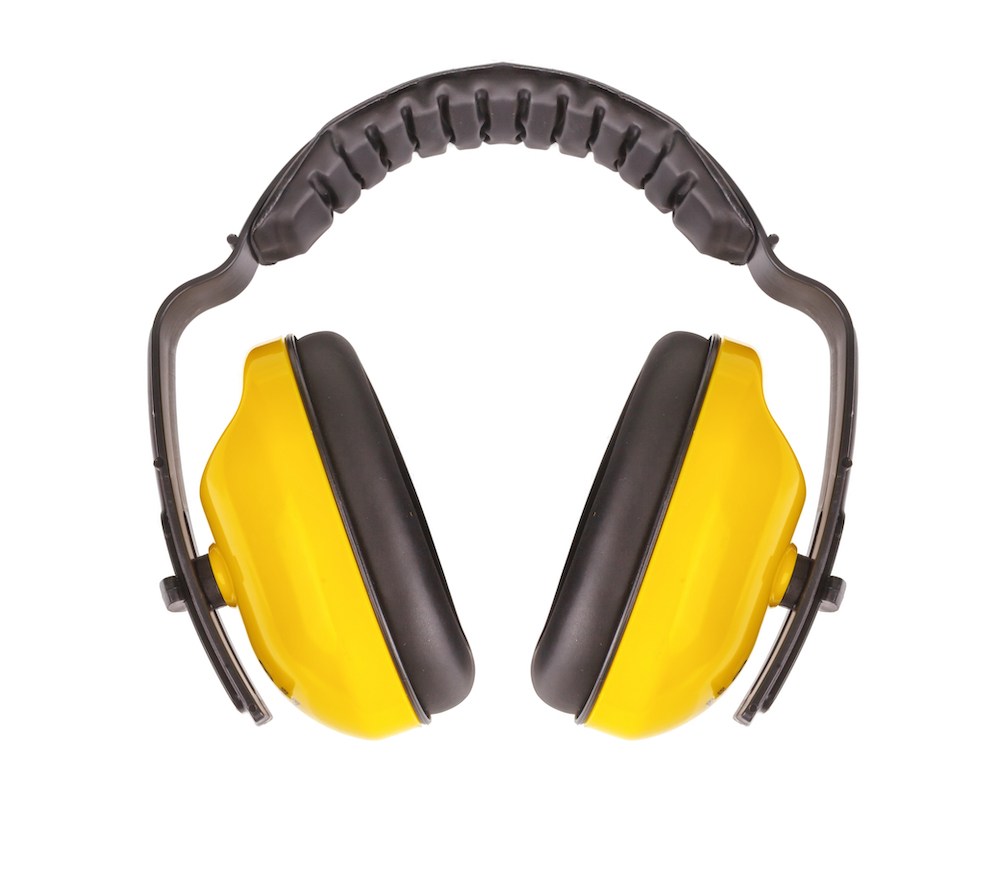How Hearing and Sleep Are Connected
Hearing and sleep influence each other more than most people realize. When


Hearing and sleep influence each other more than most people realize. When

When hearing loss first develops, many people choose to wait before

Understanding insurance coverage for hearing aids can be complicated,